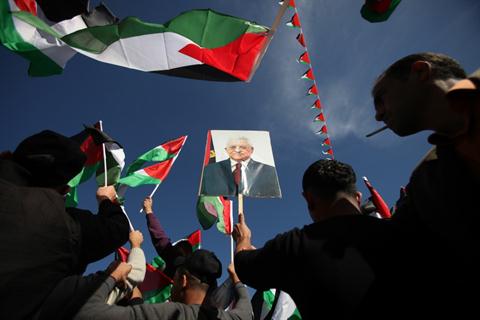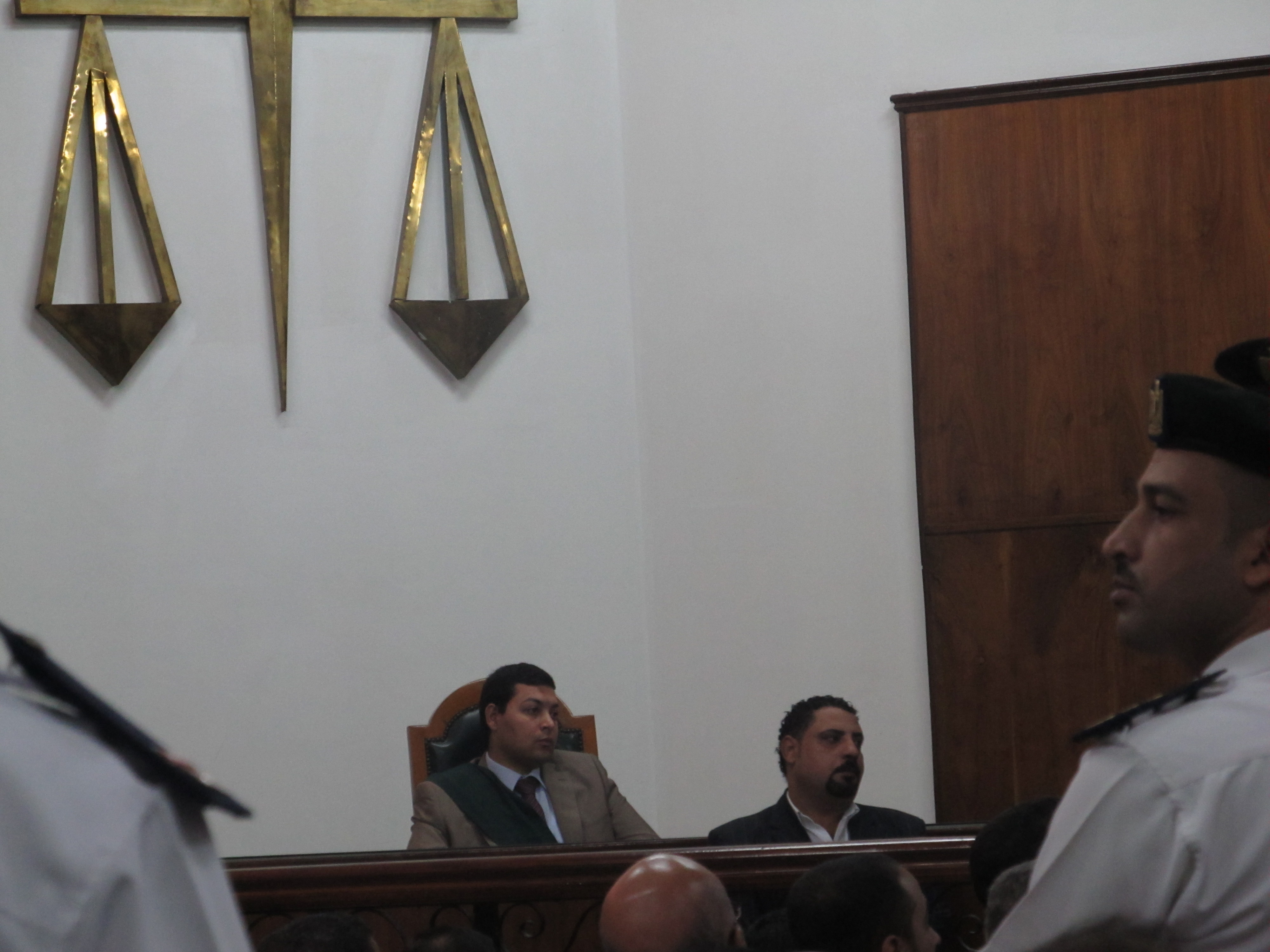CAIRO: While local monitoring groups focused on violations by specific parties, candidates and judicial monitors during the first round of Egypt’s parliamentary elections, the Carter Center said the process was "largely peaceful."
It added that the Supreme Electoral Commission (SEC) should take the lead in improving the process in the coming two rounds.
Campaigning, though "vigorous and enthusiastic," persisted “through the election days in contravention of the…regulations on campaigning,” the Center reported.
The Egyptian Coalition for Electoral Observation (ECEO) singled out specific candidates, as well as the Muslim Brotherhood’s Freedom and Justice and the Salafi Al-Nour parties, whose campaign materials were found in polling stations.
The Carter Center meanwhile asked the SEC to “provide clear instruction to the parties on what constitutes improper campaigning.”
In a constant stream of public statements throughout the first round of elections, the ECEO gave detailed accounts of late opening of polling stations, electoral fraud, violence and thuggish acts, the absence of phosphoric ink, unstamped ballots, bribes, and at one station in Damietta, the absence of judicial supervision.
The ECEO said “observers of the civil society NGOs were banned from entering polling stations in Shahid Mostafa Al Tabakh School in Sharabiya and Nabawia Mosa School in Nasr City, Cairo,” while the Carter Center reported that “there were isolated incidents in which access to polling stations and counting centers was denied or limited.”
As for counting the ballots, the Carter Center witnesses “reported considerable disorganization and confusion stemming from inadequate preparation and instructions to the judges and workers on how to efficiently count the ballots and report the results to the supervising sorting committee.”
They argued that the SEC should “publicize clear vote count procedures, as well as regulations on the access of candidates, parties and their agents to the counting centers, and that they enforce these rules fairly.”
Elections in Cairo’s first constituency will be repeated on Jan. 10-11 in accordance with a verdict by the Supreme Administrative Court, the Supreme Electoral Commission (SEC) said. Head of SEC Adel-Moez Ibrahim said that improper spaces allocated for sorting and counting votes led to halting the counting process by the responsible judge in that constituency. The station was expanded and the process resumed the next day, but the resulting chaos led to invalidating 90 ballot boxes, 15 of which were missing. Over 2,600 boxes were left intact.
“The process is far from complete, and there are several areas for improvement before the next two rounds of voting," said former US President Jimmy Carter. "We hope that steps can be taken to help ensure the integrity and transparency of these elections."
The Carter Center’s witnesses visited over 300 polling stations during the first stage of Egypt’s parliamentary elections on Nov. 28-29 covering nine governorates.
The ECEO includes 123 development and human rights’ civil society organizations, in 26 governorates throughout Egypt.
Noting the "deep skepticism" of many protesters in Tahrir square towards the elections, the Center called for "a more transparent, inclusive and participatory transition process, and a parliament with genuine authority to select the constitutional assembly."
Both the ECEO and the Carter Center will be observing the next two rounds of voting in Egypt’s parliamentary elections in the coming weeks.


